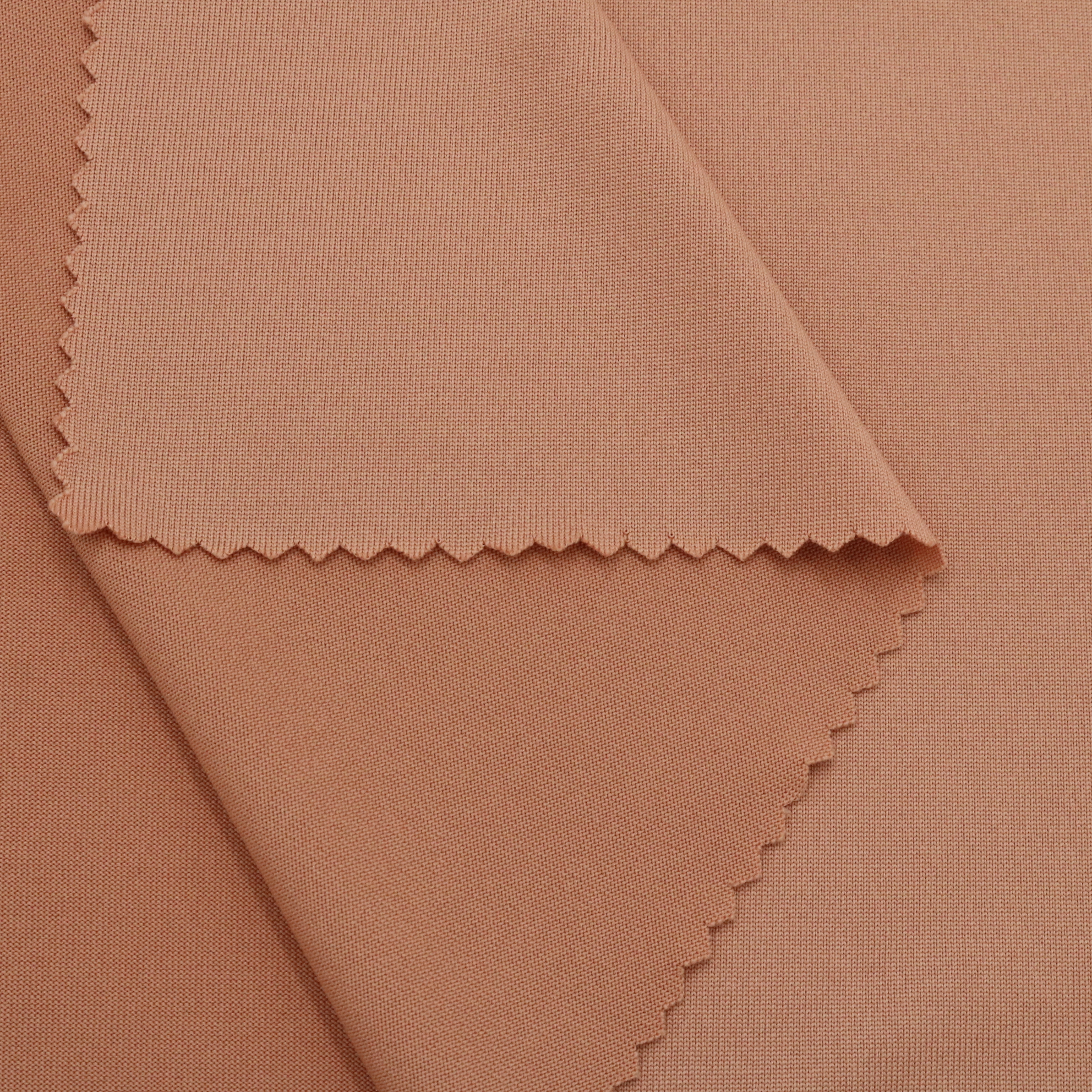Functional fabrics are engineered textiles designed to provide specific performance features, such as moisture-wicking, breathability, UV protection, and more. When it comes to abrasion resistance, the performance of functional fabrics can vary depending on factors such as fiber composition, fabric construction, and any additional treatments or coatings applied.
Here’s how functional fabrics may perform in terms of abrasion resistance:
- Fiber Composition: The type of fibers used in functional fabric plays a significant role in its abrasion resistance. Synthetic fibers like polyester, nylon, and polypropylene are known for their high abrasion resistance compared to natural fibers like cotton or wool. Fabrics made from synthetic fibers tend to withstand repeated friction and wear without significant damage.
- Fabric Construction: The construction of the fabric, including its weave or knit pattern, can impact abrasion resistance. Tighter weaves or knits generally provide better abrasion resistance by reducing the exposure of individual fibers to friction and wear. Additionally, fabrics with reinforced or ripstop constructions may offer enhanced abrasion resistance in high-wear areas.
- Surface Treatments and Coatings: Some functional fabrics may be treated with special coatings or finishes to improve their abrasion resistance. These treatments create a protective layer on the fabric’s surface, reducing friction and preventing damage from abrasion. China Functional Fabric manufacturers Common coatings used for abrasion resistance include polyurethane (PU) coatings and fluoropolymer coatings.
- Blended Fabrics: Blending synthetic and natural fibers can combine the abrasion resistance of synthetic fibers with the comfort and breathability of natural fibers. For example, blends of polyester and cotton may offer improved abrasion resistance compared to 100% cotton fabrics while retaining a soft and comfortable feel.
- Testing Standards: Abrasion resistance in functional fabrics is often evaluated using standardized tests such as the Martindale test or the Taber abrasion test. These tests simulate the effects of repeated rubbing or abrasion on the fabric’s surface and provide a quantitative measure of its resistance to wear.
Overall, functional fabrics can offer good to excellent abrasion resistance, depending on their fiber composition, construction, and any additional treatments applied. Fabrics made from synthetic fibers, with tight weaves or special coatings, tend to perform particularly well in terms of abrasion resistance, making them suitable for rugged outdoor activities, workwear, and high-performance apparel.
